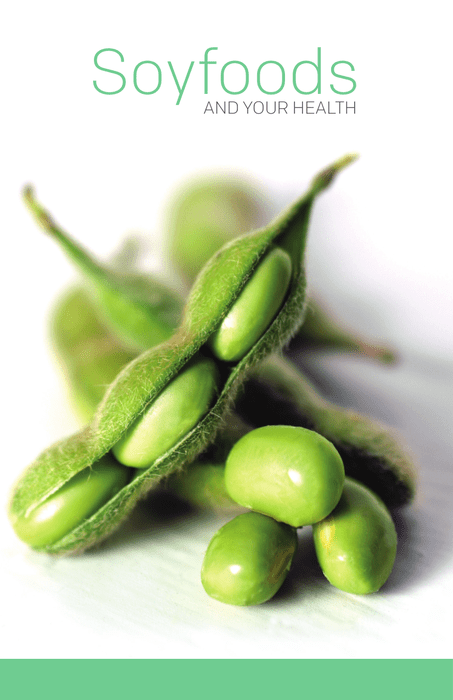Exporters: Submit Soyfood Variety Samples
- Category:
- General News
- Soy Foods

Picture this: You’re an overseas buyer of U.S. soyfood beans. You need to purchase enough food beans to meet the needs of your production facilities, or that of your customers. When it comes to food beans for tofu, you want beans with certain quality aspects, which are different from those if you are buying soybeans for use in natto, miso or soymilk. Now when you go to buy beans from exporters around the world, how do you evaluate and compare? Likely, it is price alone without much focus on the characteristics you need and the quality attributes.
Enter the U.S. Soyfood Variety Database; it’s a place where overseas buyers can go to learn about the different varieties of soybeans that are available in the United States, and their characteristics and quality attributes. This initiative, designed to better market and promote U.S. soyfood varieties, is led by a group of U.S. soyfood stakeholders, including the U.S. Soybean Export Council (USSEC), United Soybean Board, Specialty Soya and Grains Alliance, and Qualified State Soybean Boards, as well as exporters and farmers.
The database is set to launch early next year, explained Will McNair, USSEC director of oil and human protein. Right now, USSEC and its partners are asking all soyfood exporters to submit a sample for every variety they handle.
“The database will only be as good as the information we put in it,” McNair said, adding that participation is voluntary. “We fully recognize that the participation of individual companies is critical to the success of the database.”
As an individual company, the U.S. Soyfood Variety Database is an opportunity to test the varieties being sold to customers. This will provide you a clearer picture of how your beans compare to others on the international market and can be used as a selling point. With exporter contact information included as part of the database, participation is a way to increase your visibility and associate your name with the high-quality reputation for which U.S. Soy is known.
This database also allows USSEC’s regional staff and other stakeholder partners to highlight the varieties of soyfood beans that exist in the United States and better inform potential buyers of their quality attributes, which will include hilum color, seed size, protein, oil, sucrose, oligosaccharides, total free sugars, amino acid profile, total carbohydrates, fatty acid profile, total isoflavones, and soymilk/tofu yields.
“This is really important because a lighter version of this has been part of the Canadian registration system for years,” said Ken Dallmier, president and chief operating officer of Clarkson Grain Company in Cerro Gordo, Ill. “The Canada data provided is of value and puts U.S. Soy at a disadvantage; however, we didn’t want to simply recreate the Canadian system.
“We asked what our most innovative export customers are asking for and what they will want in the next five years. We also asked ourselves that same thing — our customers are not looking for the same thing they were 30 years ago.”
Supported by checkoff dollars, all soyfood varieties, both proprietary and public varieties, are eligible to be part of the database. This means that varieties that are exclusive to an exporter and varieties that are widely distributed will be a part of the database.
The goal is that this database will be updated annually and widely disseminated and promoted around the world, helping to increase purchases of U.S. soyfood beans.
“This has the potential to be a very powerful tool,” Dallmier added. “We want international customers to know they can diversify production risks while maintaining product specifications.
“The U.S. Soyfood Variety Database highlights that the United States is a major supplier of identity-preserved, high-quality, non-GMO, food-grade soybeans. This tool can help start a conversation between U.S. suppliers and export buyers. We purposefully excluded linking specific varieties to specific suppliers because we don’t want to limit the conversation; we are looking to enhance the conversation.”
To create the most robust dataset, McNair is asking all soyfood exporters to submit samples. The University of Minnesota’s Seth Naeve and Jill Miller-Garvin are handling the samples and variety testing. For sample kits, contact Naeve at naeve002@umn.edu and Miller-Garvin at mille443@umn.edu. All samples should be submitted no later than Oct. 30.
For questions and additional information on the U.S. Soyfood Variety Database, contact McNair at (314) 413-5522 or wmcnair@ussec.org.